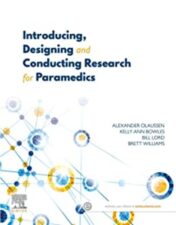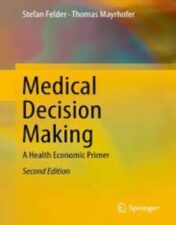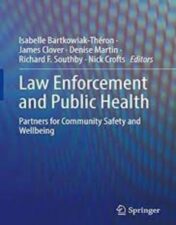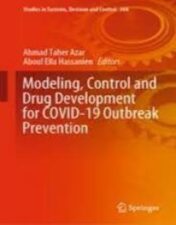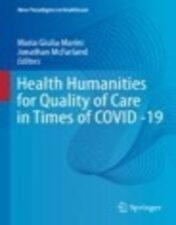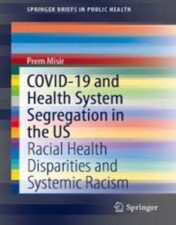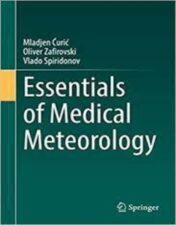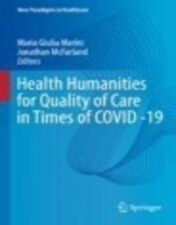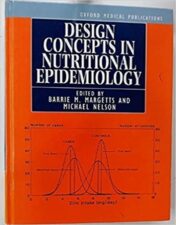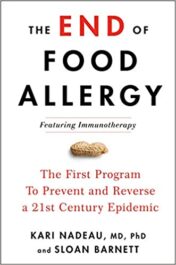Discover the Best Epidemiology Books to Advance Your Knowledge
Discover the Best Epidemiology Books Now!
Are you looking for the best epidemiology books to help you understand the science of disease and its spread? Look no further than SurgeryBook.net! Our selection of epidemiology books covers a wide range of topics, from infectious diseases to public health and more. Whether you’re a student, researcher, or professional in the field, you’ll find the perfect book to help you gain a better understanding of this important subject. With our easy-to-use search feature, you can quickly find the right book for your needs. Plus, we offer free shipping on all orders over $50, so you can get the books you need without breaking the bank. Start exploring our selection of epidemiology books today and discover the perfect resource for your studies!
Basic Sciences Books
Introduction to Research in the Health Sciences, 7th Edition (Original PDF from Publisher)
Epidemiology Books
Pandemic India: From Cholera to Covid-19 2022 epub+converted pdf
Epidemiology Books
What Is Life and How Might It Be Sustained?: Reflections in a Pandemic 2022 Original PDF
Epidemiology Books
Principles of Genetics and Molecular Epidemiology 2022 original pdf
Epidemiology Books
Medical Decision Making A Health Economic Primer 2022 original pdf
Epidemiology Books
Epidemic Analytics for Decision Supports in COVID19 Crisis 2022 original pdf
Epidemiology Books
Epidemiology Books
Principles for Evaluation of One Health Surveillance: The EVA Book 2022 original pdf
Epidemiology Books
Geospatial Technology for Human Well-Being and Health 2022 original pdf
Epidemiology Books
Molecular Typing in Bacterial Infections, Volume II 2022 original pdf
Epidemiology Books
Epidemiology Books
Modeling, Control and Drug Development for COVID-19 Outbreak Prevention 2022 original pdf
Epidemiology Books
Epidemiology Books
Molecular Typing in Bacterial Infections, Volume I 2022 original pdf
Epidemiology Books
Epidemiology Books
Epidemiology Books
Epidemiology Books
Global Epidemiology of Cancer: Diagnosis and Treatment 2022 Original PDF
Introduction
Are you looking to advance your knowledge in epidemiology? Look no further! Discover the Best Epidemiology Books to Advance Your Knowledge is here to help. This guide provides an overview of the best books on epidemiology, from introductory texts to advanced research guides. Whether you are a student, researcher, or practitioner, this guide will help you find the perfect book to meet your needs. With detailed reviews and summaries of each book, you can easily compare and contrast different titles to find the one that best suits your interests and goals. Get ready to take your epidemiology knowledge to the next level!
Introduction to Epidemiology: A Comprehensive Guide to the Principles and Practices of Epidemiology
Introduction to Epidemiology: A Comprehensive Guide to the Principles and Practices of Epidemiology is an essential resource for anyone interested in learning about the principles and practices of epidemiology. This comprehensive guide provides a thorough overview of the field, from its history and basic concepts to the latest research and methods. It covers topics such as study design, data collection, analysis, and interpretation, as well as ethical considerations.
The book begins with an introduction to the history and development of epidemiology, including the major milestones and key figures in the field. It then moves on to discuss the core principles of epidemiology, such as causation, risk factors, and measures of disease frequency. The book also covers the various types of epidemiological studies, including cohort, case-control, cross-sectional, and ecological studies. It explains how to select the appropriate study design for a given research question, as well as how to collect, analyze, and interpret data.
In addition, the book discusses the ethical considerations that must be taken into account when conducting epidemiological research. It covers topics such as informed consent, confidentiality, and the use of human subjects in research. Finally, the book provides an overview of the current state of epidemiology, including recent advances in the field and future directions.
Overall, Introduction to Epidemiology: A Comprehensive Guide to the Principles and Practices of Epidemiology is an invaluable resource for anyone interested in learning about the fundamentals of epidemiology. It provides a comprehensive overview of the field, from its history and basic concepts to the latest research and methods. With its clear explanations and practical examples, this book is an essential resource for students, researchers, and practitioners alike.
Infectious Disease Epidemiology: Theory and Practice
Infectious Disease Epidemiology: Theory and Practice is a comprehensive guide to the study of infectious diseases. It provides an in-depth look at the epidemiology of infectious diseases, including their causes, transmission, prevention, and control. The book covers a wide range of topics, from basic concepts such as disease surveillance and outbreak investigation to more advanced topics such as mathematical modeling and public health policy.
The book begins with an introduction to the field of infectious disease epidemiology, including its history, scope, and methods. It then moves on to discuss the various types of infectious diseases, including bacterial, viral, fungal, and parasitic infections. It also covers the epidemiology of emerging and re-emerging infectious diseases, as well as the role of climate change in the spread of infectious diseases.
The book then delves into the principles of infectious disease epidemiology, including the epidemiologic triangle, risk factors, and the chain of infection. It also covers the use of epidemiologic tools such as case-control studies, cohort studies, and ecological studies. In addition, it discusses the application of epidemiologic methods to the study of infectious diseases, including the use of laboratory tests, contact tracing, and outbreak investigations.
The book also covers the principles of infectious disease control, including immunization, vector control, and antimicrobial resistance. It also discusses the role of public health interventions in controlling infectious diseases, such as vaccination programs, sanitation measures, and food safety regulations. Finally, it examines the ethical considerations associated with infectious disease epidemiology, including informed consent, confidentiality, and research ethics.
Infectious Disease Epidemiology: Theory and Practice is an essential resource for students and professionals interested in learning about the epidemiology of infectious diseases. It provides a comprehensive overview of the field, from basic concepts to advanced topics, and is an invaluable resource for anyone looking to gain a better understanding of this important area of public health.
Epidemiology: With STUDENT CONSULT Online Access
Epidemiology with STUDENT CONSULT Online Access is an essential resource for medical students and professionals alike. It provides comprehensive coverage of the principles and practice of epidemiology, from basic concepts to advanced topics. The book is organized into four sections: Introduction to Epidemiology, Epidemiologic Methods, Special Topics in Epidemiology, and Applications of Epidemiology.
The Introduction to Epidemiology section covers the fundamentals of epidemiology, including definitions, history, and scope. It also introduces key concepts such as risk factors, causality, and study designs. This section also includes a discussion of ethical considerations in epidemiologic research.
The Epidemiologic Methods section provides an overview of the methods used in epidemiologic research, including descriptive epidemiology, analytic epidemiology, and public health surveillance. It also covers the use of epidemiologic data for decision-making and policy development.
The Special Topics in Epidemiology section covers a range of topics, including infectious disease epidemiology, environmental epidemiology, occupational epidemiology, and genetic epidemiology. It also discusses the use of epidemiologic methods in clinical trials and the evaluation of health care interventions.
The Applications of Epidemiology section provides an overview of the application of epidemiologic methods in public health practice. It covers topics such as outbreak investigation, program evaluation, and health promotion.
In addition to the text, the book includes access to STUDENT CONSULT Online Access. This online resource provides additional content, including interactive case studies, self-assessment questions, and links to relevant websites. It also includes a searchable database of epidemiologic terms and definitions.
Epidemiology with STUDENT CONSULT Online Access is an invaluable resource for medical students and professionals interested in learning more about epidemiology. It provides comprehensive coverage of the principles and practice of epidemiology, from basic concepts to advanced topics. With its easy-to-understand explanations and access to STUDENT CONSULT Online Access, this book is an essential resource for anyone looking to gain a better understanding of epidemiology.
Epidemiology for Public Health Practice
Essentials of Epidemiology in Public Health
Conclusion
Epidemiology is an important field of study that can help us better understand the spread of diseases and how to prevent them. With the right books, you can gain a deeper understanding of epidemiology and its applications. We have provided a list of the best epidemiology books to help you advance your knowledge in this field. Whether you are a student, researcher, or practitioner, these books will provide you with the information you need to stay up-to-date on the latest developments in epidemiology.



